In this article
More from this issue
LATAM making more staff cuts amid slow resumption of flights
Cuenca partially exits lockdown under looser restrictions
Cuenca Tram begins citizen training phase for second time
Quito airport to open June 1st with required PCR test while Guayaquil Mayor fights airport reopening
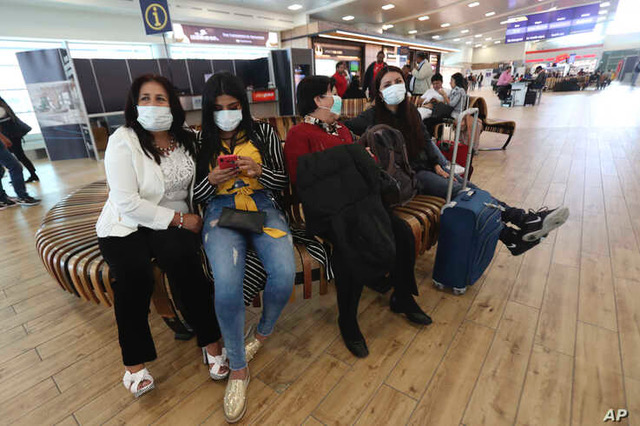
This article is unlocked
If you enjoy this article, consider subscribing to gain access to weekly reports on Ecuador’s economics, politics, crime and more.
This was announced by the Government Minister, María Paula Romo, during a meeting with the press as part of the usual reports on the health situation from the effects of the coronavirus in Ecuador.
Romo said there will be a percentage limit on the number of frequencies or flights. At first it will only be 30% of flights.
Also, under “Protocol for Entering the Country, Permanence and Exit of Mandatory Preventive Isolation During the Validity of the State of Exception,” issued on May 12, 2020, there is a mandatory requirement for every person entering Ecuador, as of June 1, 2020, to present upon arrival to the health and immigration authorities, the “negative” result of the COVID-19 PCR test, which determines that the traveler is free of the disease.
The collection of the sample for the PCR test must have been obtained in a health center or laboratory authorized by the country of origin of the trip, with a maximum of 72 hours before the date of entry into Ecuador. The traveler must report that they have the negative proof to the airline at the time of boarding, exhibiting the certification of the laboratory, which they must also present to the Ecuadorian authorities at the point of immigration entry. No airline will allow the boarding of a passenger who does not have a PCR test.
Travelers arriving in Ecuador prior to June 1, 2020, will be required to undergo a rapid antigen test upon arrival in Ecuadorian territory. If the rapid test offers a positive result to COVID-19, the health authority will also require a PCR test.
The Minister also explained that the Minister of Transport and Public Works, Gabriel Martínez, is preparing a protocol for land travel between provinces. At the moment travel is authorized only between cantons of the same province.
Mariscal Sucre International Airport in Quito prepares to open
Quito Mariscal Sucre International Airport and several airlines are ready to resume commercial flight operations on June 1, 2020, said Quiport President and Director Andrew O’Brian, after a tour conducted with government and Municipality authorities. The city of Quito will take responsibility of ensuring health protocols are followed.
Commercial flights at the International Airport, located in Tababela, were suspended on March 18, 2020, after the state of emergency was decreed in the country due to the spread of COVID-19, but it has remained operational for humanitarian flights.
The protocols and sanitary measures designed by Corporación Quiport to guarantee the sanitary security of passenger operations at the Quito International Airport were reviewed in detail on Friday, May 15, 2020 during the processing of an actual United Airlines repatriation flight to the United States.
In accordance with the plan for the resumption of commercial passenger flights drawn up by Quiport, equipment such as thermal cameras have been implemented at the air terminal at the entrance to the facilities and in the entrance area to the arrivals migration hall, in addition to footbaths to disinfect footwear and luggage wheels.
Airline check-in and immigration check-in desks as well as boarding gate counters are also being adapted to reduce person-to-person contact, protecting both passengers and airport employees.
To facilitate the social distance to the entrance and to the interior of the terminal, the placement of floor signs has been made to guide people in the areas where they should line up: entrance platform to the building, entrance to check-in counters in, access to security filters, exit migration and arrival migration halls, and ground transportation waiting areas.
In boarding lounges, the capacity has been reduced by half and identification is being placed on seats that are not available to passengers through a security band that prevents their use.
The terminal is permanently disinfected using foggers, special equipment that sprays the disinfectant liquid and sprays it in all areas, allowing it to reach the places of greatest difficulty of access.
For disinfection, a broad-spectrum virucidal is being used similar to that used for hospital operating room disinfection.
They are also making progress in placing more than 500 alcohol and disinfectant gel dispensers for use by passengers and airport employees.
To reinforce security measures, Quiport will also transmits warnings on airport screens and make announcements through the overhead sound system reminding people of the correct use of masks, maintaining social distance and washing their hands and disinfecting them frequently.
Andrew O´Brian commented that Quiport is in the final stage of placing all the items that make up the flight resumption plan and that they will be ready to return to the operation of commercial passenger flights from June 1, 2020.
Guayaquil Mayor fights opening of José Joaquín de Olmedo airport
The Mayor of Guayaquil, Cynthia Viteri, sent a request to the COE asking that the José Joaquín de Olmedo airport be allowed to only except the arrival of international and transit flights. She argued that if interprovincial ground transportation is suspended, national flights should not be enabled either, to avoid the spread of COVID-19. The Mayor stated that this measure would generate a resurgence of the virus in Guayaquil.
Viteri’s request was denied by the national COE. The Guayaquil Mayor insists that the provision “endangers the health of the people of Guayaquil.”
“We have successfully and tirelessly fought this virus, dramatically lowering the mortality rate. Allowing people to come daily from areas that are in the process of reaching the peak of infection is creating a serious risk of regrowth in Guayaquil,” wrote Viteri.
“The airlines already announced more than a hundred flights for June, which implies mobilizing more than ten thousand people to Guayaquil.”
She said that she has asked the cantonal COE to present a reconsideration to the national COE of her request to not allow national flights into Guayaquil.
María Paula Romo, Government Minister, responded last Saturday to Viteri’s request, and indicated that two municipal officials had attended the presentation and discussion of the protocols and dates for the opening of the airport.
“If the decision is contrary to that expressed in the work meeting, we will analyze the request at the next appointment of the national COE and thus keep the Guayaquil airport closed,” said Romo.
Epidemiologist Francisco Andino said that the decision made by Mayor Viteri is based on technical analysis and one of the suggestions had been to not enable national flights in Guayaquil.
In contrast, epidemiologist Federico Cabrera said that flights at the Guayaquil airport should be resumed, but with strict biosecurity measures.
“From an epidemiological point of view, the possibilities of new cases in high numbers exist, but in recent days new cases have decreased and deaths have also decreased, as have the occupation of beds in the intensive care units. That is to say, better work is being done to contain the virus in Guayaquil,” said the specialist.
Cabrera said that it is essential that prevention protocols be increased at the air terminal. “For example, people who arrive at the airport must do so with a mask, which is mandatory, no sick person can travel, and upon arrival at the airport, before leaving the plane, deliver masks, take the temperature, and if someone has symptoms they must go to a clinic,” said the specialist.
Mayor Viteri said on Saturday that, if the national COE does not reverse the measure, it will take actions such as the mandatory completion of rapid tests of COVID-19 at the cost of passengers. Those passengers that test positive will be referred to hotels that they must pay to comply with the isolation for 14 days, or they will return to their place of origin without leaving the airport.
“We will hold the National Government responsible for the inconvenience that these measures cause to passengers,” said Viteri.


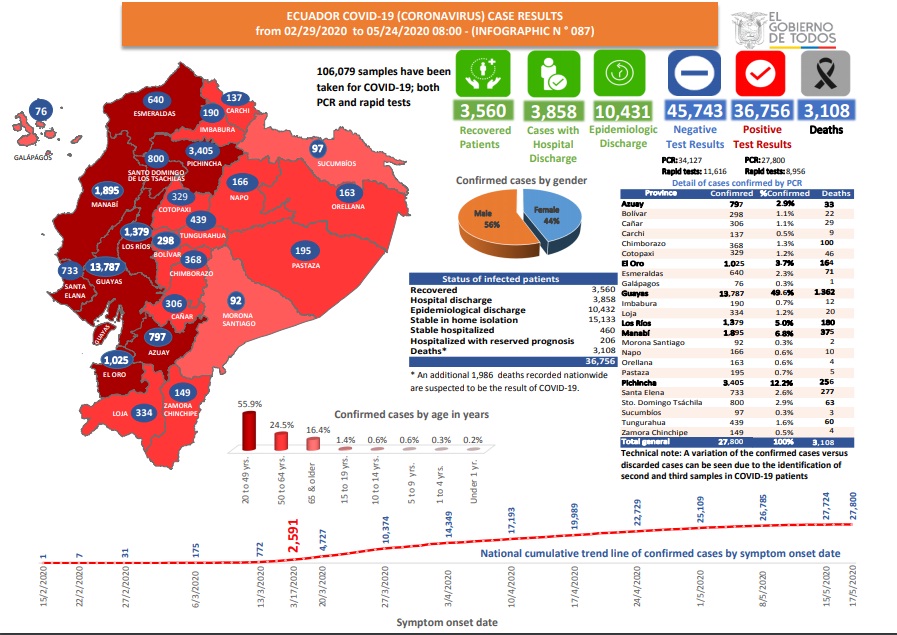
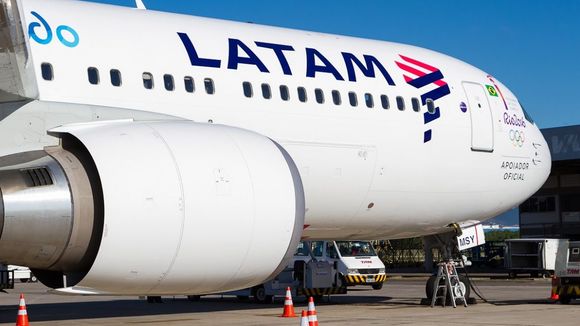
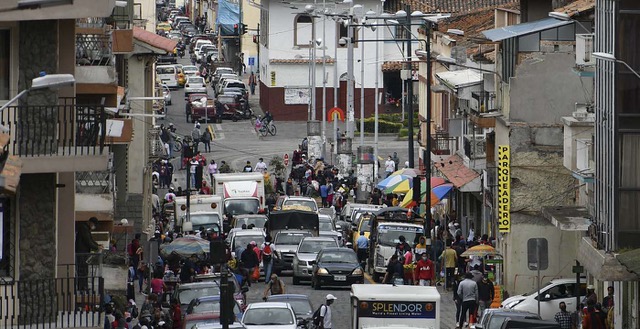
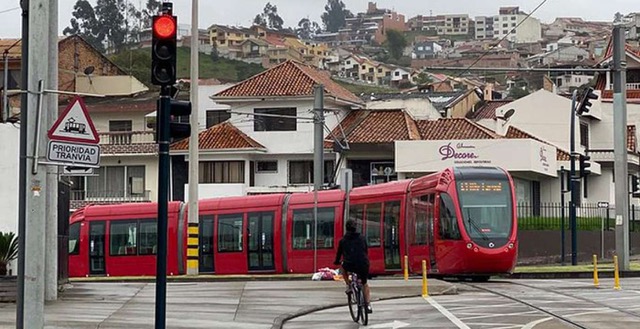
0 Comments